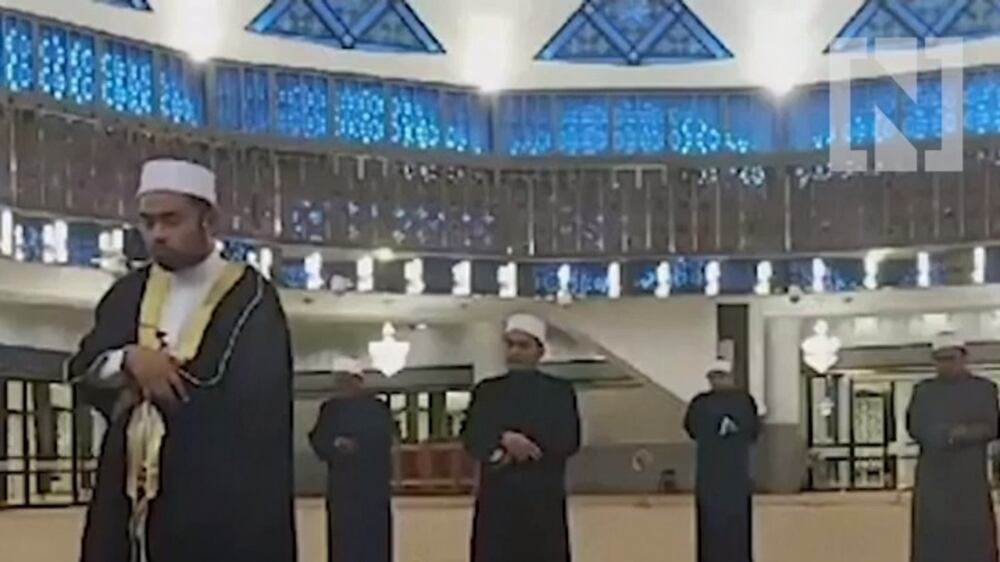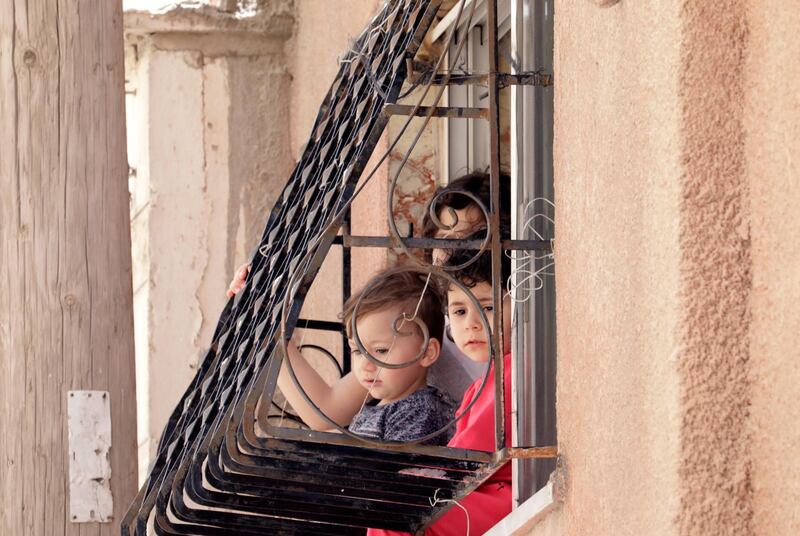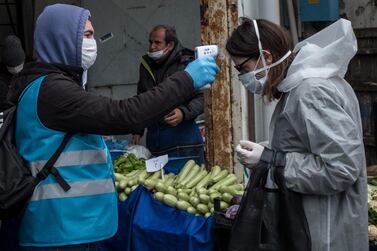Muslims around the world are embarking on the holy of month of Ramadan under unprecedented circumstances. Millions will be praying for better days and the end of the Covid-19 pandemic, some will be caring for loved ones who have fallen ill because of it while others will have to cope with the loss of their main source of income or survive on reduced salaries due the impact of the pandemic on the economy. As nations close off their borders, some lack resources to protect themselves from the virus at a time when they should be celebrating with their loved ones.
The difficulties being faced are especially exacerbated among migrants and refugees. On Wednesday, Lebanon announced its first coronavirus case among its refugee population – the highest per capita in the world – in a Palestinian camp.
Muslims around the world begin Ramadan amid coronavirus pandemic

While the patient has been transferred for treatment at a hospital in the capital and the camp put on lockdown, experts believe that containing outbreaks in refugee camps will be particularly challenging. From Lebanon and Iraq to Ethiopia and Bangladesh, there are more than 25 million refugees and 41 million internally displaced people in the world today. They are an especially vulnerable segment of society. Many of them have had to flee violence with nothing but the clothes on their backs. They often live in overcrowded facilities where physical distancing is impossible. In certain camps, they do not even have access to running water, making it difficult to keep viral infections at bay.
Many refugees and asylum seekers have been working hard to escape this cruel fate by applying for resettlement in a third country, or for family reunification. This is a lengthy and often complicated process that can take several years to complete. But with borders closed, flights cancelled, and courts working on a limited basis, hope for a better future has now been put on hold.
Instead of helping those in need, some world leaders have used the Covid-19 restrictions as a political tool to keep refugees and migrants out. Last month, The US Centres for Disease Control and Prevention issued an order encouraging non-citizens with no proper documentation to be deported immediately. Throughout February and March, Iran swiftly expelled tens of thousands of Afghan refugees, an event that officials in Afghanistan believe will hasten the spread of coronavirus in their country. And last week, Malaysia denied entry to Rohingyas seeking refuge in their country. The Rohingyas are a Muslim minority that has been persecuted for decades in their native Burma. Since 2016, they had to flee en masse as the army started an ethnic cleansing campaign described as genocide by the UN.
Hundreds of Rohingyas, Afghans, Syrians and other refugees are now left to spend Ramadan in appalling conditions, with little access to aid as governments and international organisations divert funds to combat coronavirus.
Low-income migrant workers and refugees have suffered enough. Many have been torn from their families and lack the means to remain in touch with them over the phone or through internet applications. And now, both the coronavirus and the restrictions implemented to halt its spread have put additional strain on an already vulnerable population.
This Ramadan, the international community must bear in mind that the vulnerable should to be able to celebrate the holy month with dignity, too.






